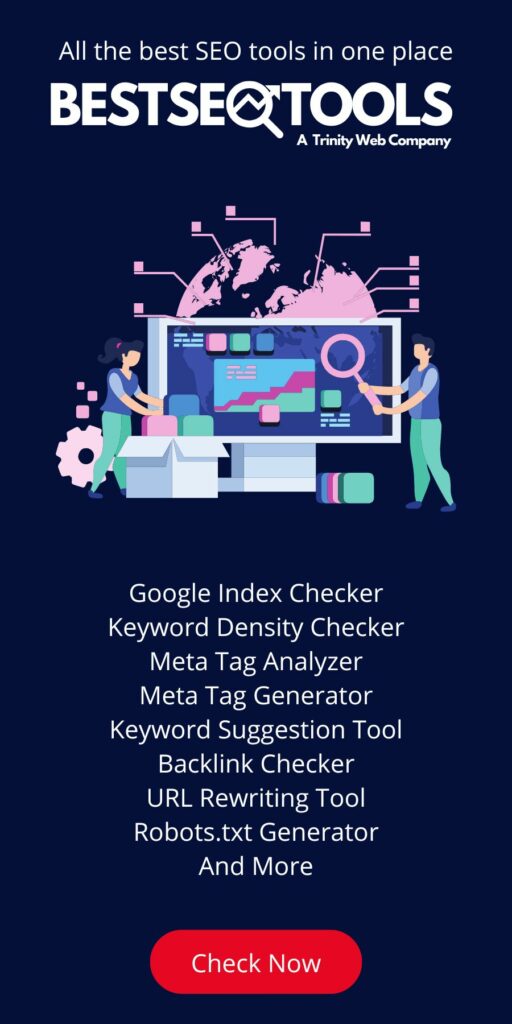When it comes to e-commerce, it’s an ever-changing landscape, and staying competitive and delivering exceptional user experiences is paramount. Shopify, a leading e-commerce platform, has earned its reputation for providing robust tools to online businesses. Leveraging Shopify’s Application Programming Interface (API) for the development of mobile apps has become a game-changer for online retailers. In this article, we will delve into the power of Shopify’s API for mobile app development, its extensibility for custom functionalities, and compare it to WooCommerce’s API. Whether you’re based in South Africa or anywhere else, this article will shed light on how you can enhance your e-commerce presence.
An Introduction to Shopify
Shopify is a globally recognised e-commerce platform that empowers businesses to create, manage, and scale their online stores. Founded in 2006, Shopify has evolved into a comprehensive e-commerce ecosystem that offers everything from website design to payment processing. It caters to businesses of all sizes, providing tools and services to help them succeed in the digital marketplace.
An Introduction to Shopify’s API Capabilities
Shopify’s API, or Application Programming Interface, serves as the bridge that allows external applications to interact with Shopify’s platform. It provides developers with the ability to access and manipulate data from a Shopify store. With this API, you can integrate various functionalities, automate tasks, and even develop mobile apps that seamlessly interact with your Shopify store.
The Strengths of Shopify’s API for Building Shopify Mobile Apps
Why should you consider Shopify’s API for building mobile apps? The answer lies in its strengths:
- Versatility: Shopify’s API offers a wide range of endpoints, enabling developers to retrieve product data, customer information, orders, and more. This versatility is a treasure trove for creating feature-rich mobile apps.
- Real-time Updates: Stay updated in real time with changes in your e-commerce store. Whether it’s tracking order status or managing inventory, Shopify’s API allows for immediate data synchronisation.
- Secure Transactions: Security is a top priority for any e-commerce business. Shopify’s API ensures the safe and encrypted transfer of data, protecting sensitive information such as customer details and payment processing.
- Scalability: As your business grows, your mobile app can scale with it. Shopify’s API provides a solid foundation for both small startups and large enterprises.
The Extensibility of it’s API for Custom Functionality in Shopify Mobile Apps
One of the remarkable features of Shopify’s API is its extensibility. This extensibility allows you to tailor your Shopify mobile app to suit your unique business needs. Here are some examples of custom functionalities you can incorporate:
- Custom Payment Gateways: If you have specific payment processing requirements for the South African market, you can build custom payment gateways that seamlessly integrate with Shopify.
- Localisation: Customising your mobile app for the South African audience is made easier with the extensibility of Shopify’s API. You can provide region-specific content, languages, and currencies.
- Enhanced Reporting: Create custom reports and analytics that are specific to your business. This allows you to gain valuable insights and make data-driven decisions.
- Integration with Third-party Services: Shopify’s API facilitates integration with third-party services, such as shipping providers and accounting software, to streamline your business operations.
A Comparison Between Shopify and WooCommerce’s APIs
While Shopify’s API offers a robust solution for building e-commerce mobile apps, it’s essential to consider how it compares to alternatives. WooCommerce, another popular e-commerce platform, also provides an API for developers. Here’s a brief comparison:
- Ease of Use: Shopify’s API is known for its user-friendly documentation and developer-friendly environment, making it easier for developers to get started.
- Versatility: Shopify’s API has a broader range of endpoints and features, which can be advantageous when building complex mobile apps.
- Integration: Both platforms allow integration with third-party services, but Shopify’s ecosystem is more extensive, with a wide range of apps and plugins readily available. This is probably why Shopify mobile apps are popular.
- Customisation: While WooCommerce offers customisation options, Shopify’s API is considered more versatile for building tailor-made mobile apps with a seamless shopping experience.
- Security: Both platforms prioritise security, but Shopify’s API is lauded for its robust security features, ensuring a safe shopping environment for customers.
In conclusion, when it comes to developing shopify mobile apps for your e-commerce business, Shopify’s API stands as a strong contender, especially for those based in South Africa. Its versatility, real-time updates, scalability, and extensibility make it a valuable choice. While other platforms like WooCommerce have their merits, Shopify’s API’s developer-friendly approach and comprehensive ecosystem offer a compelling solution to enhance your e-commerce presence.
Get in touch with Trinity web today for your Shopify mobile apps!
Original article posted by TrinityWeb on LinkedIn:
https://www.linkedin.com/pulse/leveraging-shopifys-api-powerful-e-commerce-apps-wycuf%3FtrackingId=DuZcRPhyPi%252BBroUaPXnePA%253D%253D/?trackingId=DuZcRPhyPi%2BBroUaPXnePA%3D%3D





